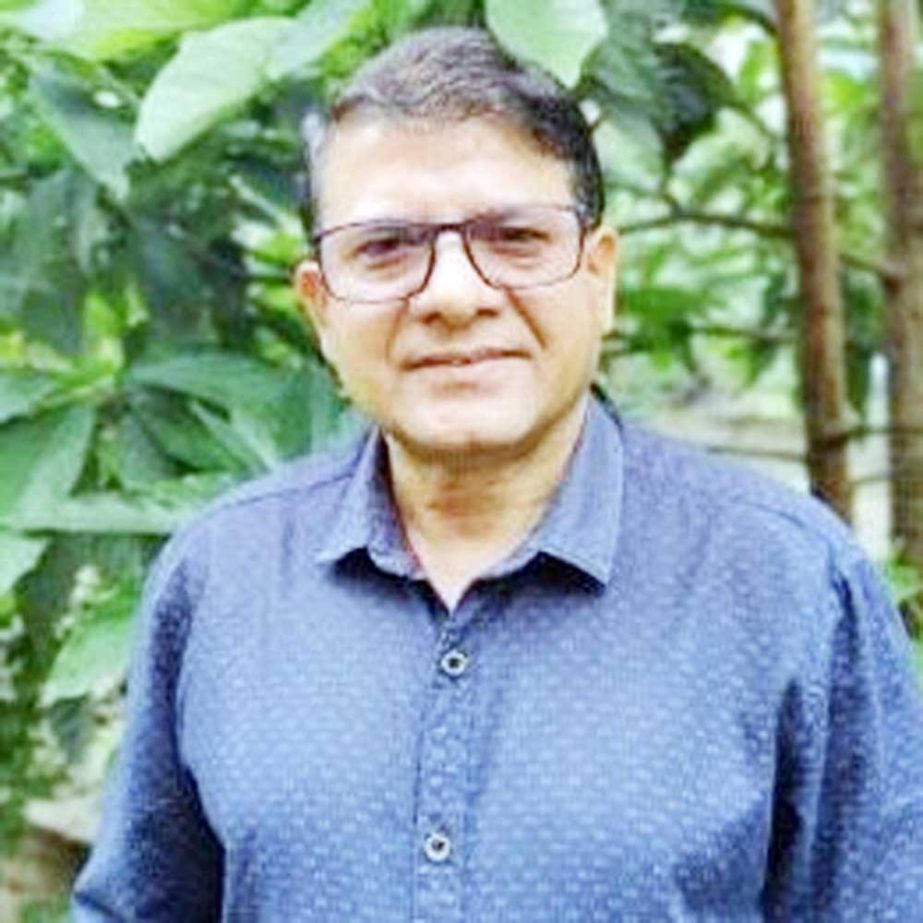
Shiv Raj Bhatt :
The European Union (EU) is an important trade and investment partner of Nepal. The EU’s Everything but Arms (preferential market access) remains a vital market access tool for Nepal. In 2019, Nepal’s exports to EU markets were €61.1 million, and Nepal has a very high utilisation rate of the Everything but Arms Generalised System of Preferences (GSP) facility. Approximately 90 percent of Nepal’s exports to EU markets use this facility.
Of the three indices that the United Nations Committee for Development Policy considers critical-Gross National Income per capita, Human Assets Index and Economic and Environmental Vulnerability Index, Nepal met the thresholds for the latter two in the last three consecutive triennial reviews (2015, 2018 and 2021) thus becoming eligible for graduation. In February 2021, the Committee for Development Policy recommended Nepal’s graduation from the LDC category with a five-year preparatory period, making it effective from 2026.
Nepal’s exports will face a substantial loss in EU markets after graduation. The preferential market access facility under the Everything but Arms scheme will no longer be available to Nepali exporters after graduation and completion of the transition phase.
The International Trade Centre estimates that Nepal would stand to lose $59 million in exports upon graduation from LDC status in 2026 (4.3 percent of the total exports projected for that year), and a substantial part of this loss will be in the EU markets. However, to become a beneficiary of the GSP+ facility, Nepal needs to apply for the GSP+ scheme. It must fulfil the standard GSP conditions for eligibility and meet two additional criteria.
The first is the vulnerability criteria, which comprises (a) The import share criterion, requiring that the country’s share of GSP-covered imports must remain below 6.5 percent of GSP-covered imports of all GSP countries; and (b) The diversification criterion, stipulating that the seven most significant sections of GSP-covered imports must constitute 75 percent of imports from the beneficiary country over three years. The second is the sustainable development criterion which requires the applicant country to have ratified and effectively implemented certain international conventions on labour rights, human rights, environmental protection and good governance, among others.
Nepal clearly satisfies the first criteria, including the vulnerability and diversification provisions. The sustainable development criterion requires the applicant country to have ratified and effectively implemented 27 international conventions listed in the EU’s GSP regulation and six new international instruments recently added to the list.
Unfortunately, Nepal fails the sustainable development criterion, as it has not ratified all the core international conventions listed in the GSP regulation. Notably, Nepal will have to ratify and implement the Freedom of Association and Protection of the Right to Organise Convention and the Cartagena Protocol on Biosafety (2000) to become eligible for the EU’s GSP+ scheme, among others.
Further, to become a beneficiary of the GSP+ scheme, Nepal must ratify the said conventions without reservations. In addition, the most recent conclusions of the monitoring bodies under those conventions must not identify any severe failure in the implementation. Therefore, proper and timely planning and dialogue between the EU and the government of Nepal are needed to strengthen EU-Nepal trade and investment cooperation, especially considering the upcoming LDC graduation of Nepal.
The possibility of signing a comprehensive Economic Partnership Agreement is another option that may help Nepal sustain and enhance exports to the EU market and play an instrumental role in investment promotion and other economic cooperation between Nepal and the EU as the pact is more comprehensive in coverage. However, opting for an Economic Partnership Agreement will need thoughtful preparations, dialogue, and negotiations with the EU. The resulting agreement will also need to be ratified by Nepal’s Parliament.
(Bhatt is a trade and investment expert. Extracted from The
Kathmandu Post).

